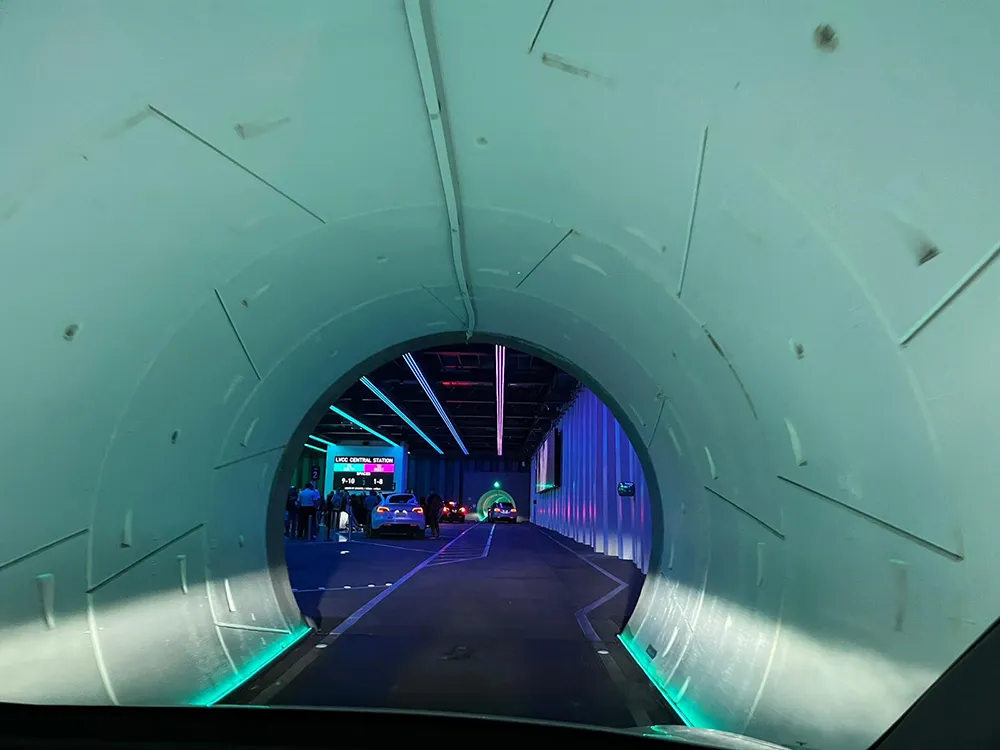Reducing their environmental impact is as likely to persuade UK consumers to buy an electric vehicle (EV) as saving money, according to a new survey.
Connected vehicle company Geotab surveyed 3,001 consumers on factors that appeal to them in an EV. Four out of 10 respondents are motivated by reducing their impact on the environment - compared to 45% for lowering running costs and 37% for lowering tax costs.
Regional findings showed climate was a priority for nearly half the participants from the South West of England and 45% of those living in North West and South East. At the bottom of the ranking, climate was selected by 37% of respondents from London and the East of England.
The research also suggests a surge in sales demand, with 60% of those planning a car purchase expecting their next vehicle to be hybrid or fully electric.
However, four out of 10 participants are concerned about range anxiety and nearly a third worry about where they would charge their vehicle.
Despite this, 97% of respondents have daily round-trip commutes of under 100 miles which - according to Geotab - is below the average 224-mile range of
Edward Kulperger, Geotab vice president Europe, says: “This data shows not only that improvements to infrastructure are vital to encourage EV adoption and that the industry needs to do more to educate consumers about how far the technology has come, but that the British public are primed to buy into electrification.”
Climate fears driving EV buyers, says Geotab
Reducing their environmental impact is as likely to persuade UK consumers to buy an electric vehicle (EV) as saving money, according to a new survey.
Connected vehicle company Geotab surveyed 3,001 consumers on factors that appeal to them in an EV. Four out of 10 respondents are motivated by reducing their impact on the environment - compared to 45% for lowering running costs and 37% for lowering tax costs.
Regional findings showed climate was a priority for nearly half the participants from the So
October 15, 2019
Read time: 2 mins









